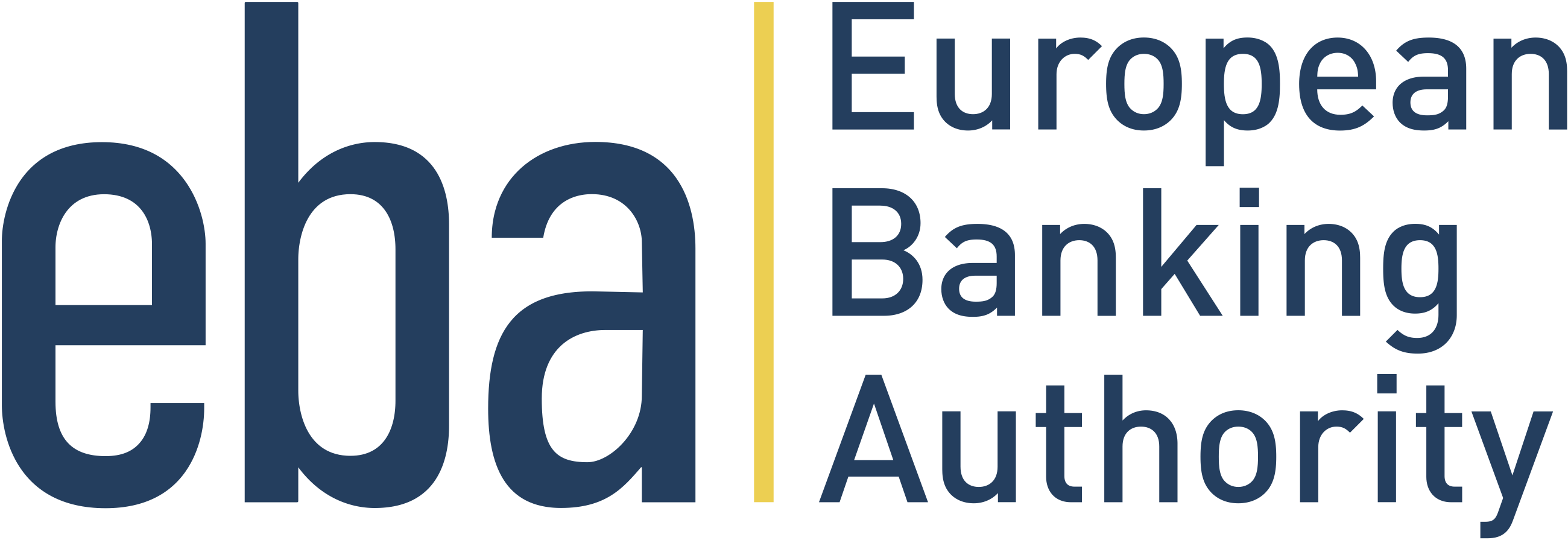
2. Executive Summary
A strong regulatory and supervisory framework to detect and fight money laundering and terrorist financing ('AML/CFT framework') that is implemented effectively is essential in order to safeguard the safety and soundness of institutions operating in the financial sector and the integrity and stability of the financial system. ML/TF cannot be fought in isolation, and this is why effective and efficient cooperation between the different stakeholders at the national level and where necessary, across borders is important.
In recent years, a series of high-profile ML/TF cases involving EU credit institutions indicated a need to further bring improvements to the EU's AML/CFT framework and the way that is implemented by those it addresses. These cases highlighted among other factors that cooperation between prudential and AML/CFT supervisors was often hampered by real or perceived legal obstacles, the absence of a formal framework to structure cooperation and information exchange, and a lack of understanding of the way such cooperation could be conducive to more effective supervision. Consequently, the Council in its December 2018 Council AML Action Plan requested a number of steps to be taken. Inter alia it emphasised the need for improved cooperation, which was afterwards confirmed by the European Commission's post mortem review.
